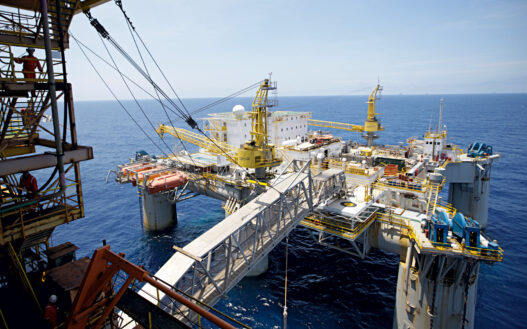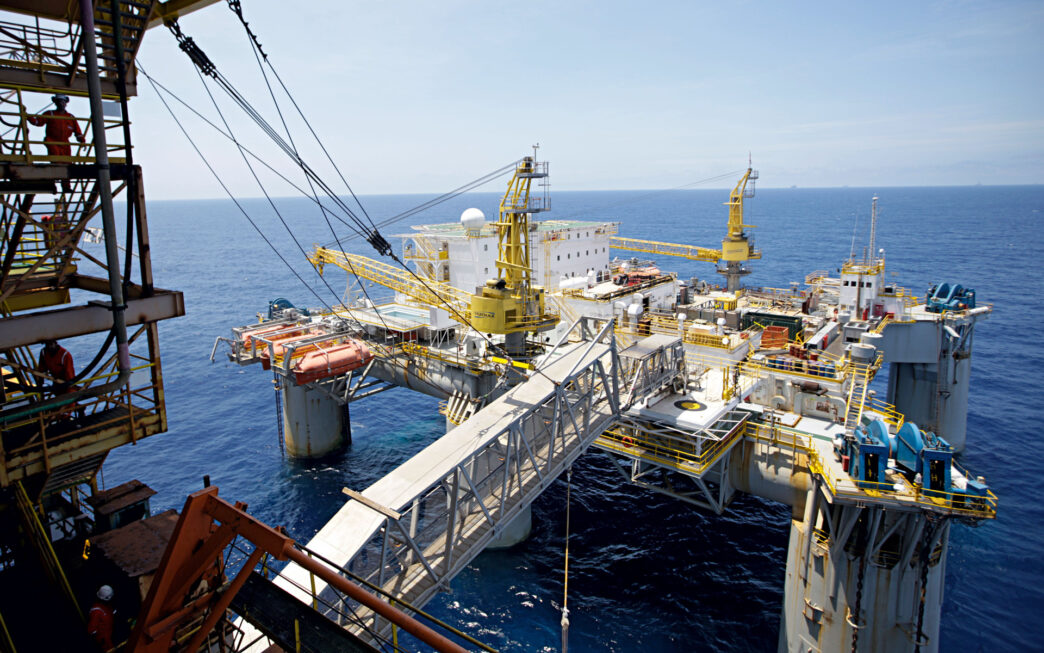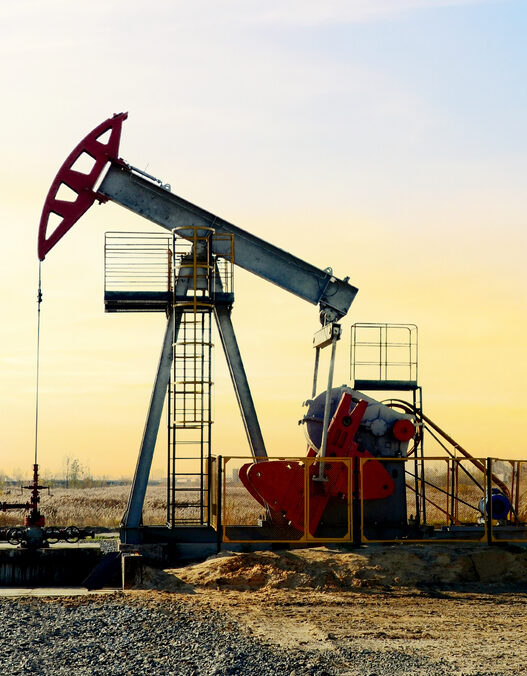Breaking Down the Market Moves
Powered by MasterCFA.com
Oil prices experienced a notable 1% jump, with Brent crude reaching $75.72 and WTI hitting $71.57. This surge comes amid escalating tensions between Israel and Iran, coupled with anticipation of crucial economic data releases.
What’s Driving the Markets?
Geopolitical Tensions Take Center Stage
- Israeli Defense Minister’s strong rhetoric against Iran
- Growing anticipation of retaliatory strikes
- Ongoing conflicts with Hamas and Hezbollah
- U.S. peace efforts ahead of November elections
Economic Indicators in Focus
- Upcoming PMI data from Eurozone and U.S.
- U.S. crude inventory showing unexpected build-up
- Chinese demand concerns persisting
Why This Matters
Economic Impact
- Oil price volatility affects global inflation rates
- Transportation and energy costs influence business operations
- International trade and currency markets face pressure
Personal & Business Effects
- Higher fuel prices impact household budgets
- Business operating costs may increase
- Supply chain costs could rise affecting consumer prices
Theoretical Concepts in Action
Economic Theories at Play
- Risk Premium Theory
- Market participants adding premium to oil prices due to geopolitical risks
- Historical example: 1973 Oil Crisis showed similar premium pricing
- Supply-Demand Dynamics
- Current scenario demonstrates how geopolitical events affect supply expectations
- Example: 1990 Gulf War led to similar market reactions
- Market Sentiment Theory
- Shows how anticipatory behavior influences current prices
- Similar to 2019 Saudi Aramco facility attacks impact
What Could Happen Next?
Potential Scenarios
- Escalation Scenario
- Oil prices could surge above $80/barrel
- Global supply chain disruptions possible
- De-escalation Scenario
- Prices might stabilize around $70/barrel
- Focus could shift back to economic fundamentals
- Mixed Outcome
- Continued volatility with regional impacts
- Increased importance of strategic reserves
Why You Should Pay Attention
Investment Implications
- Understanding oil price dynamics helps in portfolio management
- Energy sector investments require geopolitical risk assessment
- Commodity market knowledge essential for diversification strategies
Career Development
- Ability to analyze multiple factors affecting markets
- Understanding global macro events’ impact on investments
- Developing risk assessment skills
Questions to Ponder
- How might changing U.S. foreign policy after elections affect oil markets?
- What role do PMI indicators play in oil price forecasting?
- How can investors hedge against geopolitical risks in energy markets?
- What’s the long-term impact of recurring Middle East tensions on global energy security?
Keep Learning with MasterCFA: Understanding oil market dynamics and geopolitical risk assessment is crucial for modern financial analysts. These real-world scenarios demonstrate how theoretical concepts manifest in markets. Continue exploring such market analyses to enhance your financial expertise and prepare for professional excellence in finance.















